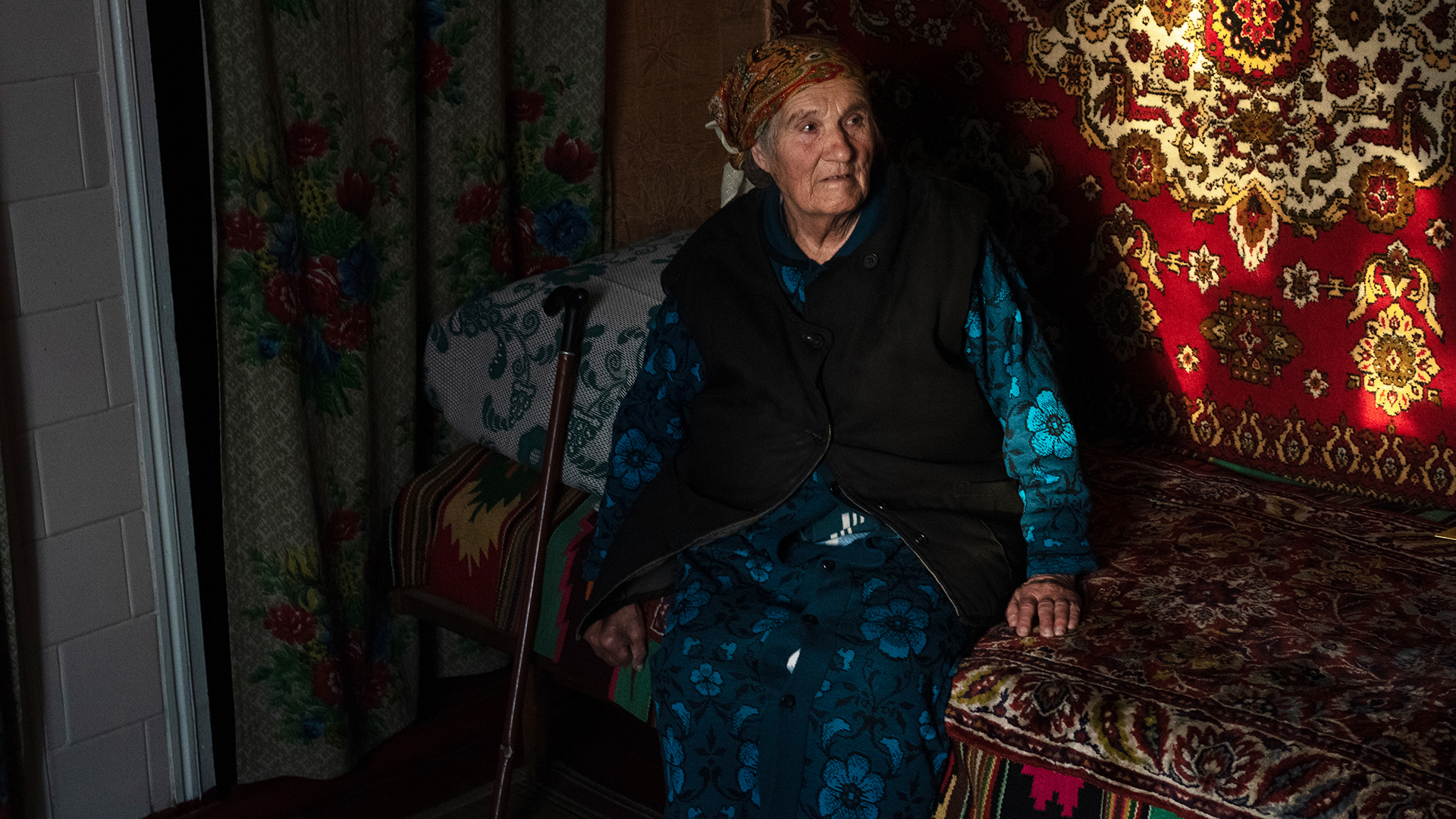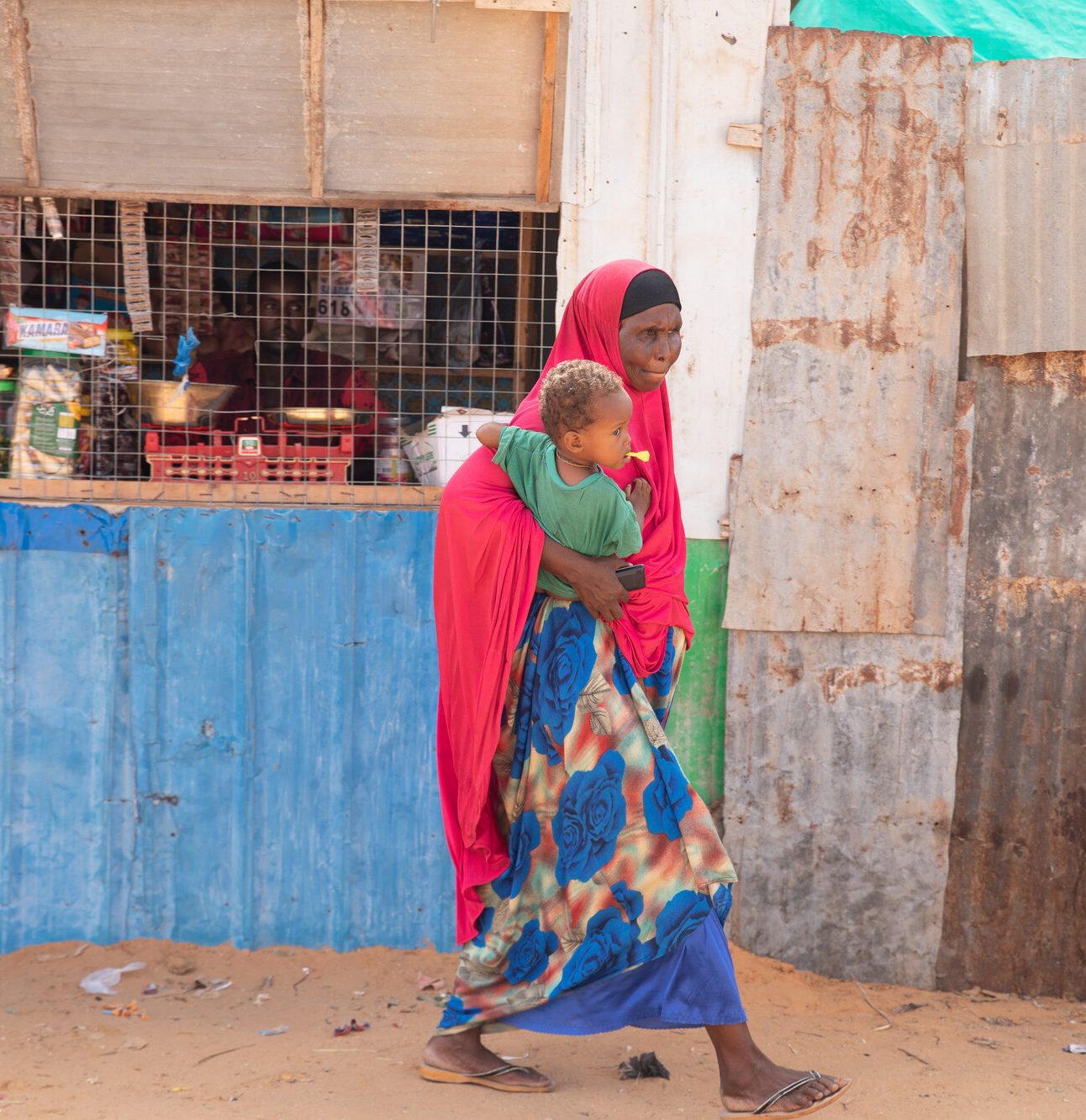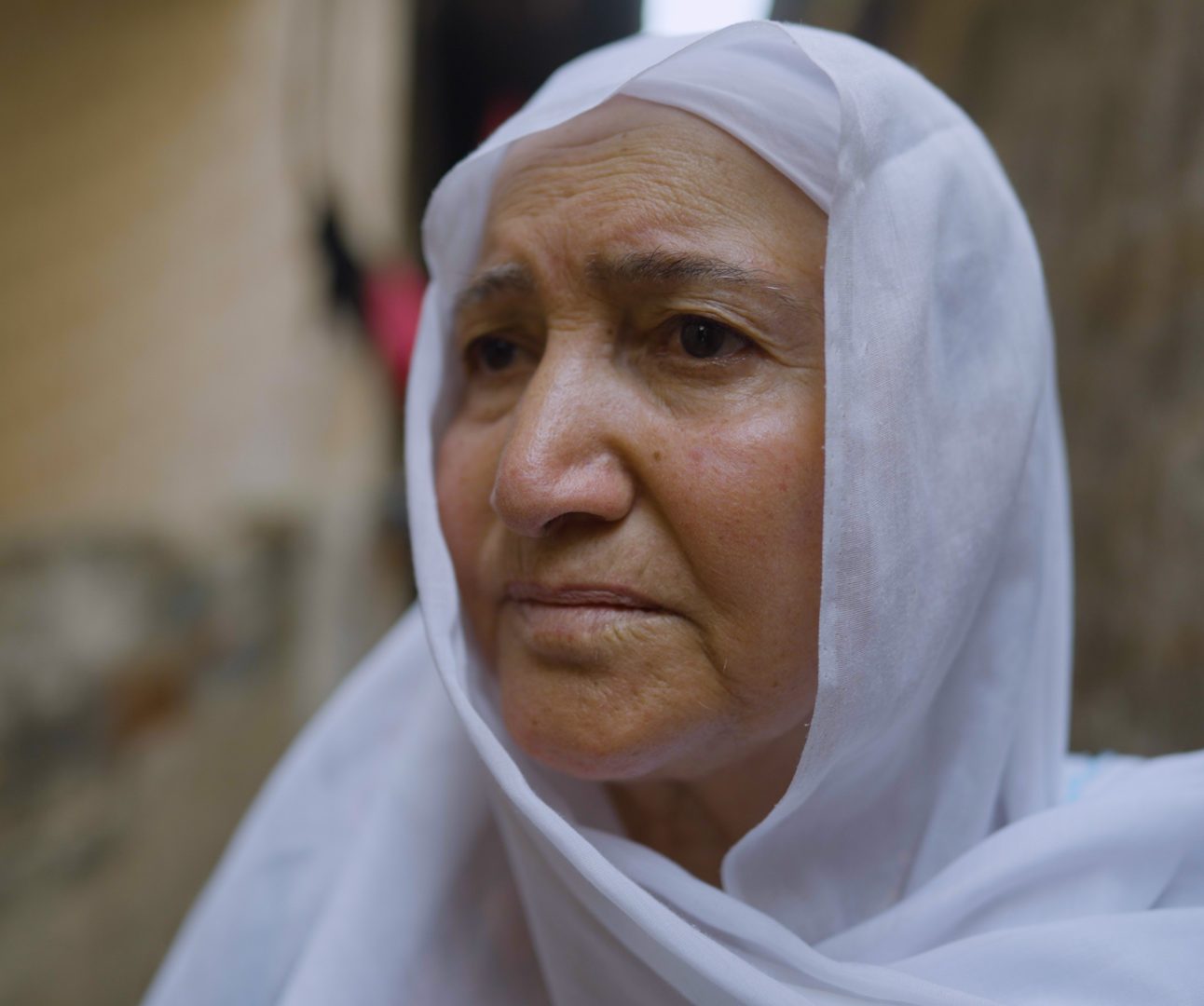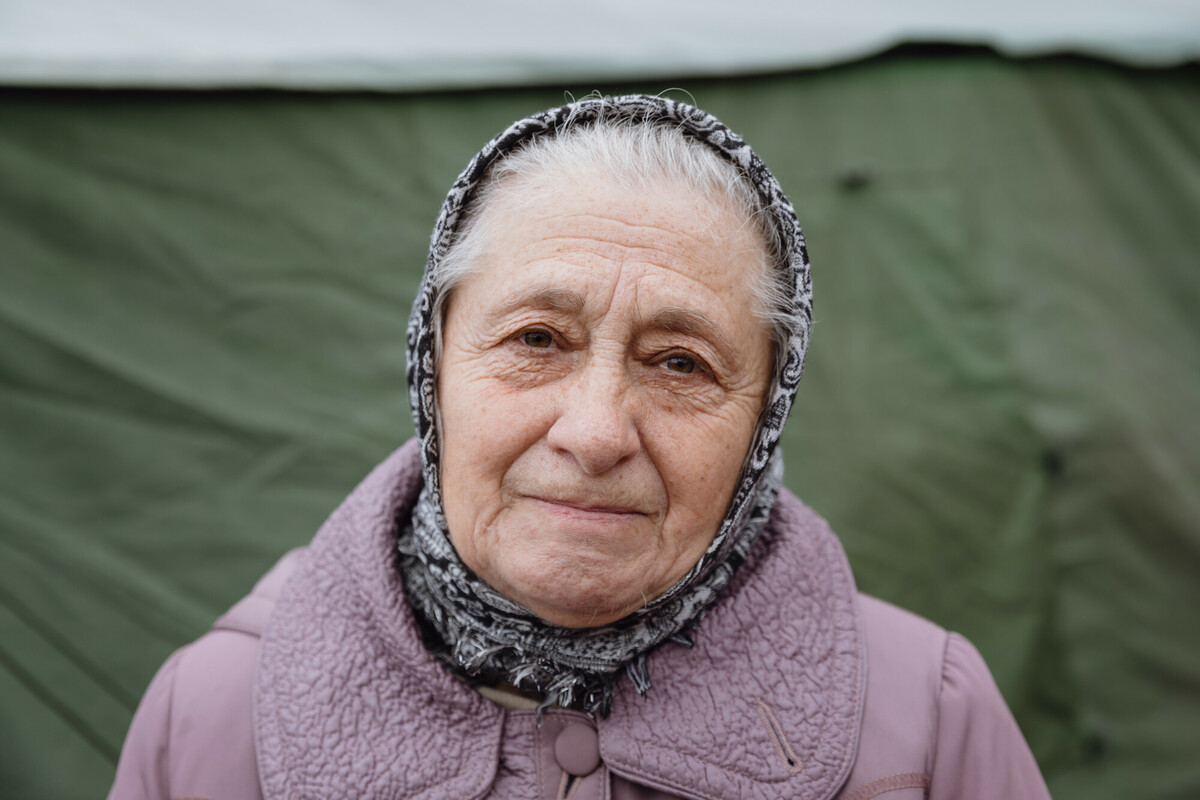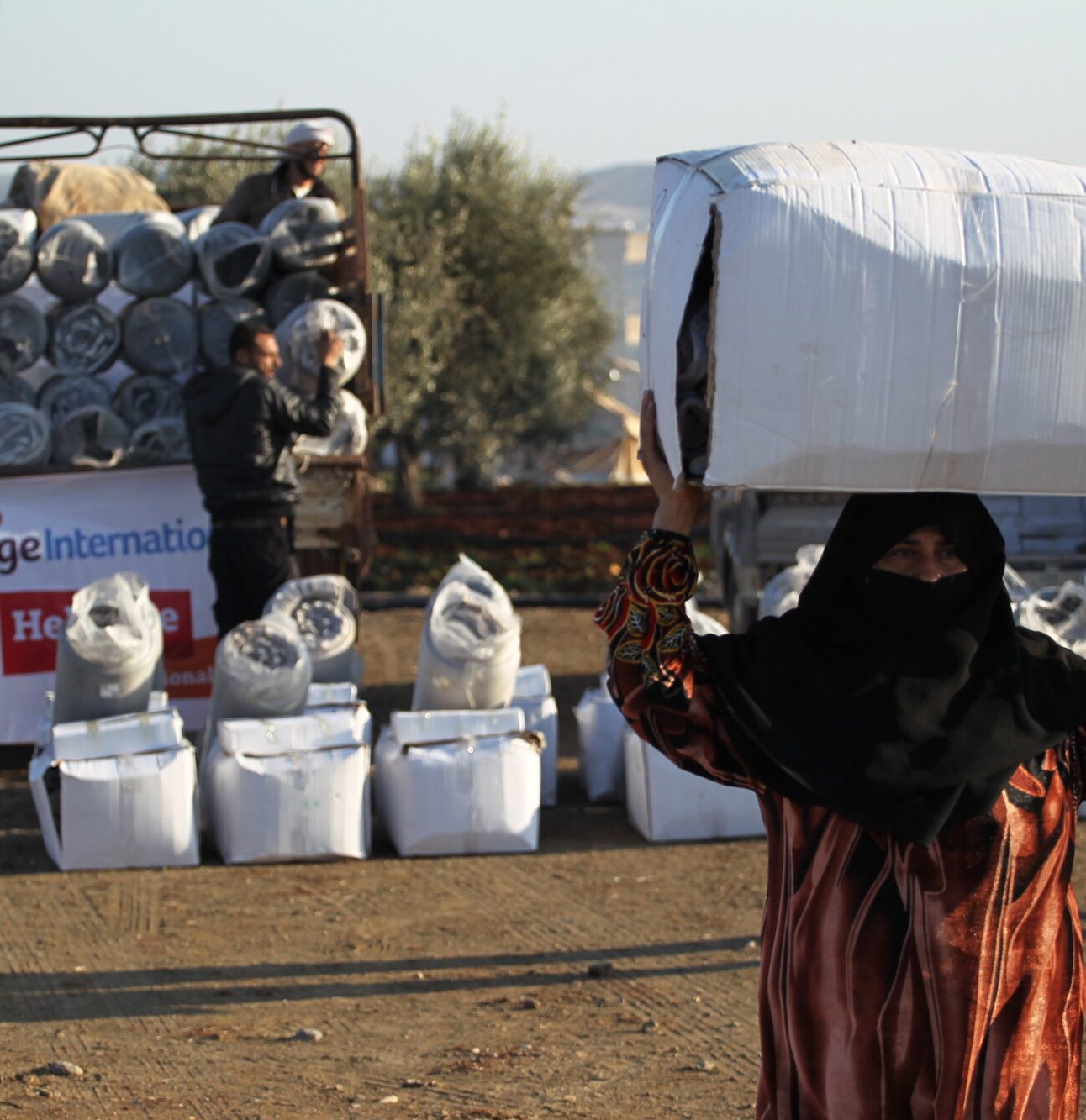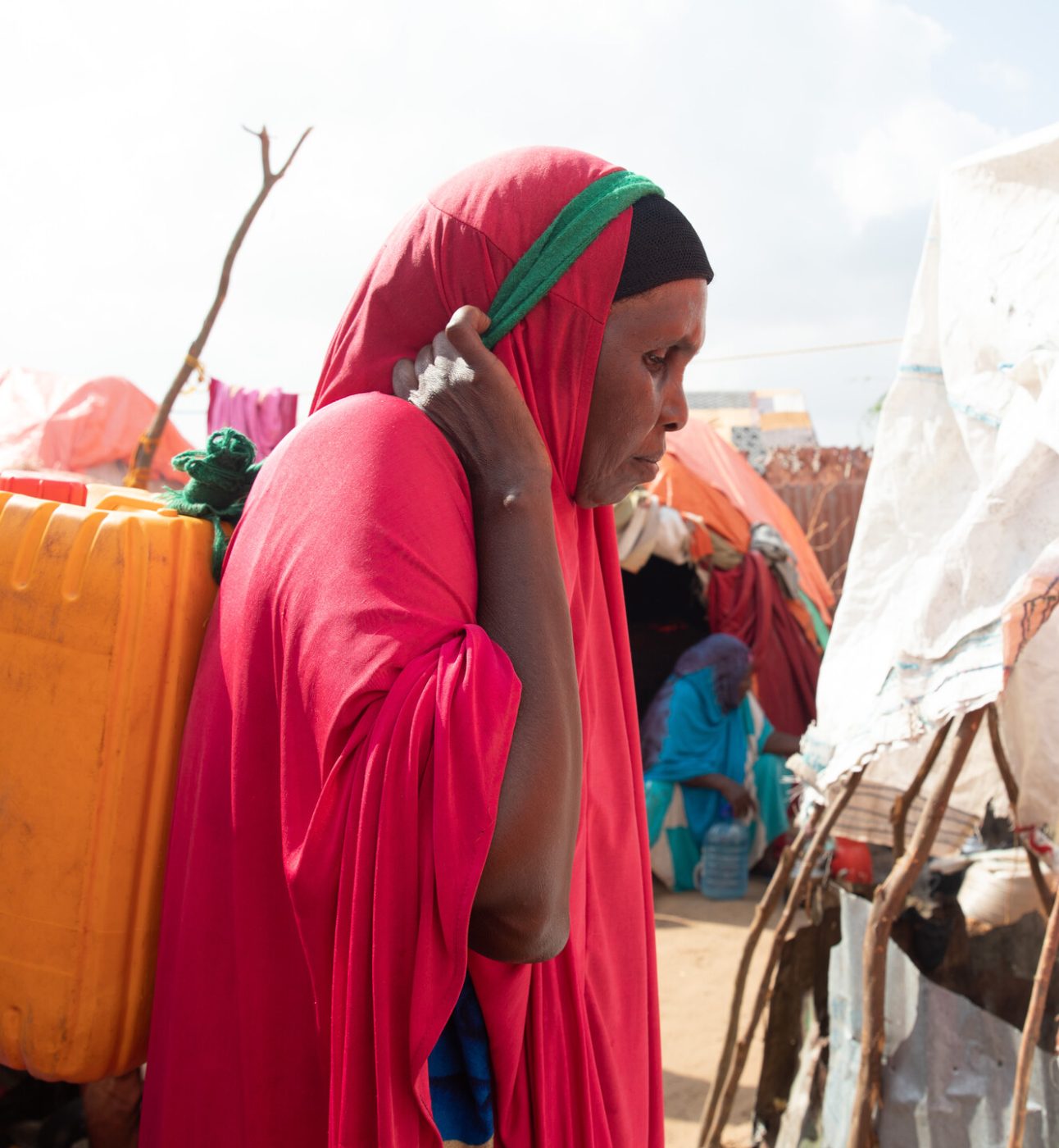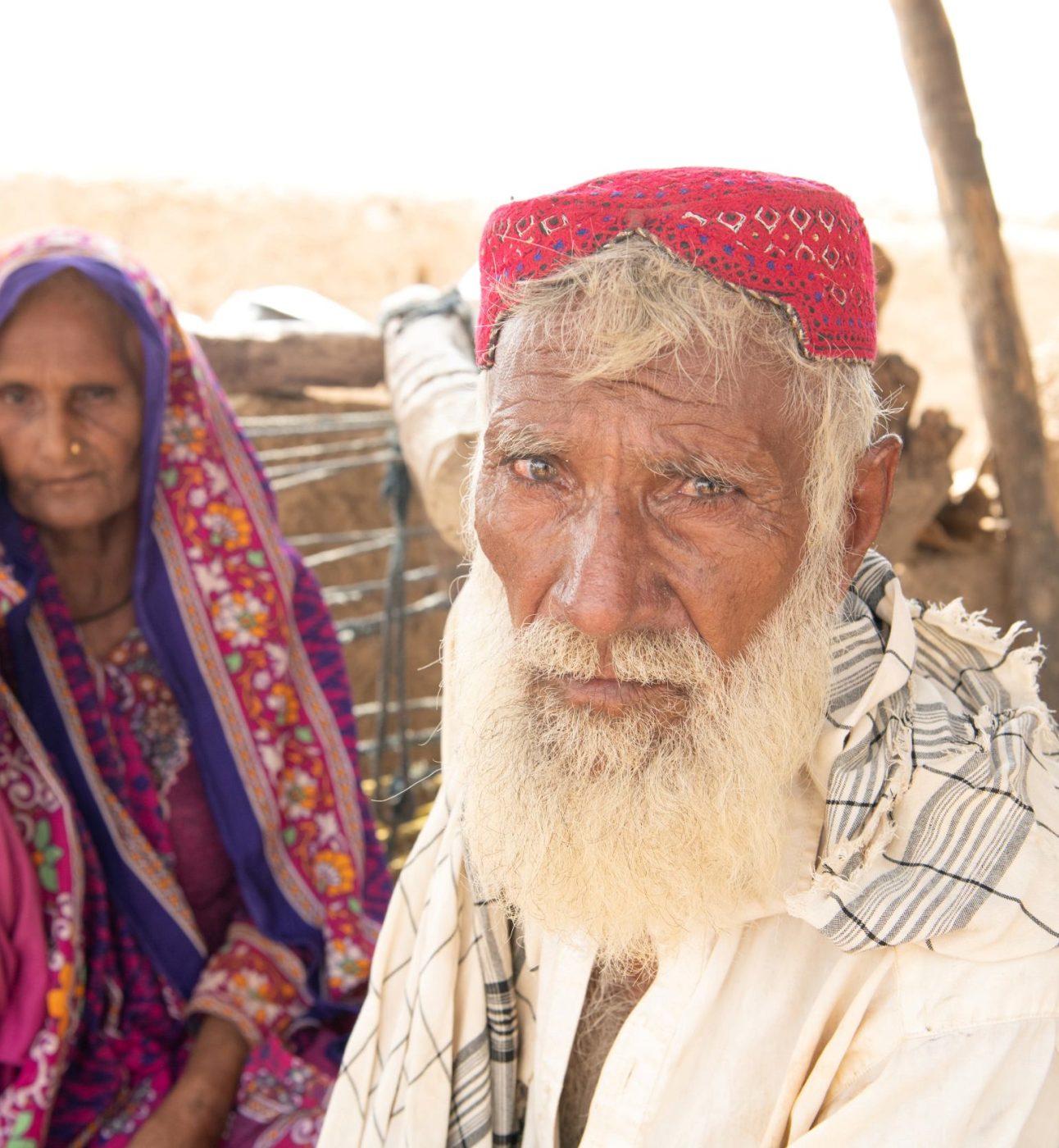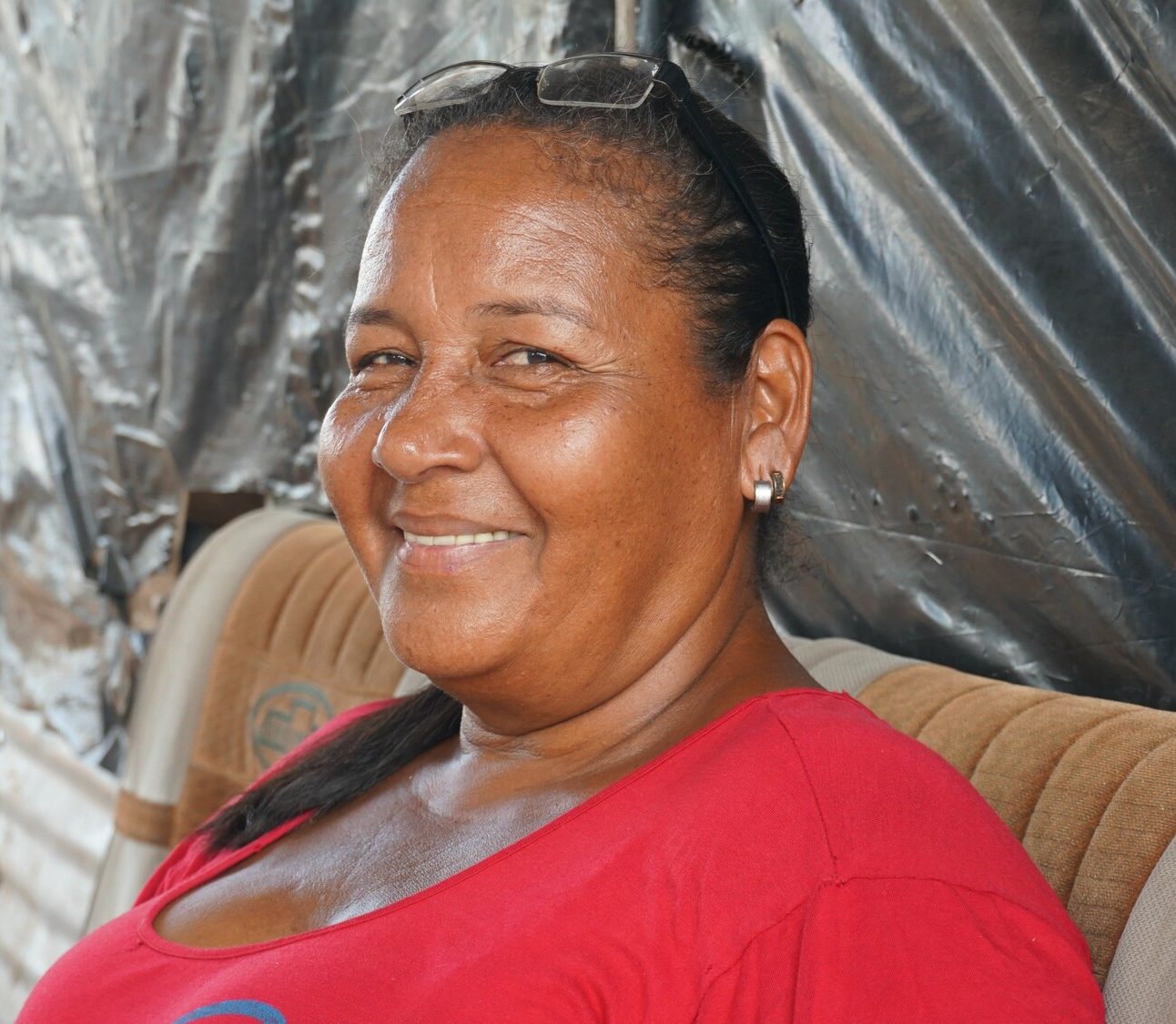During internal conflict, war or natural disasters, communities and public services are shattered. It is often older people who are the most affected, but the most overlooked.
A large and rapidly growing number of older people are affected by humanitarian crises. The proportion of the population aged 50 and over in fragile countries, where conflict and disasters are more likely to occur, is expected to rise from 12.3 per cent (219.9 million) in 2020 to 19.2 per cent (586.3 million) in 2050.
A radical shift is needed. Older people must have a say in the decisions that affect them, and be able to get the support they need.
Governments and international organisations have made a number of commitments in recent years to take account of older people’s needs. However, change has been slow.
Out of sight, out of mind
In emergency response, older people are typically overlooked in favour of larger, more visible groups. They are rarely consulted and are often missed out when data and information is collected so, their needs are unknown. Without information, humanitarian work often relies on outdated assumptions about older people.
Addressing older people’s needs is often thought of as an activity for specialist agencies, or something to be done if extra time and resources are available.
Emergency help such as shelters, water supplies, toilets and health centres are rarely designed for people with disabilities or limited mobility.
Older people face numerous barriers that see them excluded from humanitarian response, including:
- Food distribution points can be difficult for older people to reach and food aid packages do not cater for older people’s particular nutritional requirements.
- Older people who are physically unable to flee are often left behind, isolated from their family and communities.
- Health conditions such as diabetes and dementia are common in older people in many low- and middle-income countries. The medicine is often not available or in short supply, while health services are disrupted. This can become life-threatening for older people.
- Older people are often left-out of programmes to help people recover their livelihoods such as micro-credit (loan) schemes.
- Organisations often deliver a ‘one-size-fits all’ approach in response to humanitarian crises without understanding the specific barriers that older people face.

